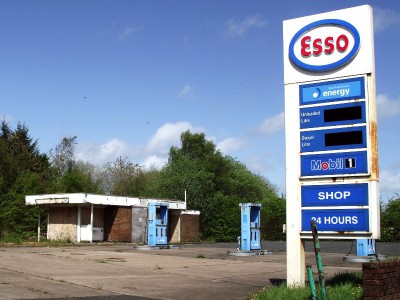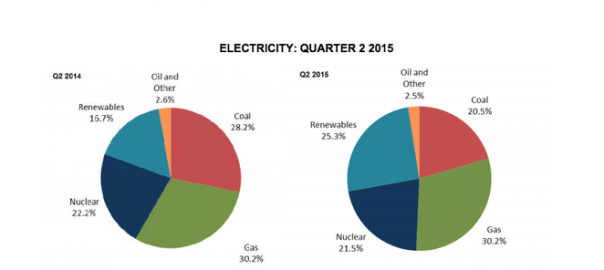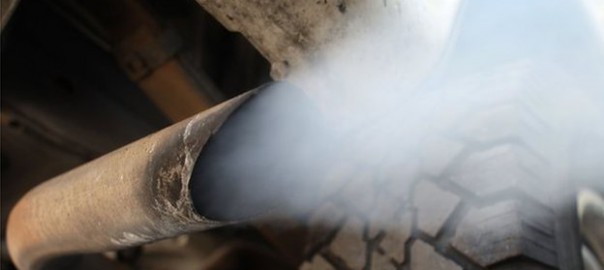Could VW really be responsible for tens of thousands of deaths from pollution?!
VW’s pollution cheating has caused thousands of premature deaths, write Mike Berners-Lee & Chris Goodall, creating costs that could destroy the company’s entire shareholder equity. But this is no ‘Black Swan’ event. It is an early example of the existential threat to the fossil fuel economy.

No pension fund trustee can legitimately ignore the increasingly obvious likelihood of a rapid destruction of shareholder value as the world speeds up the switch away from coal, oil and even gas.
VWs diesel cars emit a much larger amount of nitrogen oxides (NOx) and fine particulates than regulators thought.
Greenpeace estimates that an extra 60,000 to 24,000 tonnes of NOx have been emitted each year from 11m vehicles sold around the world.
NOx and fine particulates have severe impacts on human health and are responsible for many early deaths each year.
We can put a crude financial figure on the impact of the loss of life. Roughly speaking, we think that VW’s actions resulted in costs of between £21 and £90bn for NOx pollution alone.
The larger figure is greater than the stock market value of the entire company. VW would therefore be worthless if called upon to pay the full price for its actions.
Our calculation is based on three separate numbers. All are approximate and can be argued over. But we thought it might be helpful to do the arithmetic nevertheless. These numbers only estimate the social cost of early deaths, not the full burden of ill health, from NOx pollution.
Read more: The Ecologist







